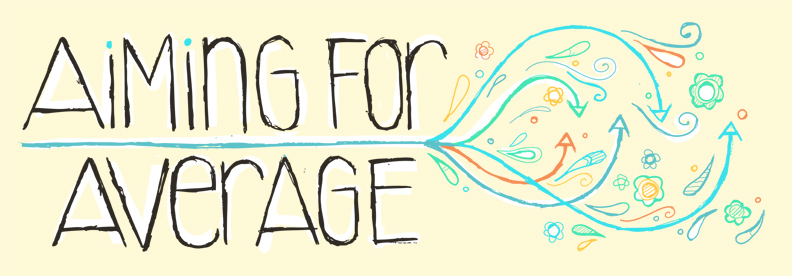Accepting responsibility for one’s personal health is a theme that I’ve noticed frequently popping up in my life recently. I’ve noticed that on a general basis, tending to one’s health in a short term context is much more widely practiced in society than tending to one’s health in a long term context. Most people seem willing to take small, short term precautions (such as getting more sleep, drinking tea or taking vitamins) to prevent a cold or flu, but taking precautions (such as regular exercise, a healthy diet or wearing sunscreen) to prevent long term health problems such as heart disease or cancer, is much less practiced. Maybe this is a result of societies need for instant gratification, a tendency to ignore long term pain if the short term gain is rewarding enough, maybe it’s rooted in the naive belief that “it’ll never happen to me”, or maybe my theories about society are completely wrong. Whatever the cause of this attitude, I can’t help but feel that this blasé approach to our health is extremely ignorant and dangerous.
I’m an employee of Leave the Pack Behind, a tobacco awareness organization present on campus’ across the nation, and I was recently talking with a friend about his smoking habits (we’ll call him John). Having been bombarded since youth with “smoking is bad for you” messages, John is pretty tired of the same old reprimand, and he made a comment that really stuck with me:
“Smokers aren’t stupid. We know smoking’s bad for us, but repeatedly telling us that it is won't make us want to stop.”
But why do we knowingly do things that harm our health? Why is knowing something is bad for us not a good enough reason to make us want to stop? I don’t mean to only target smokers, this question pertains to nearly everyone: anyone who eats fast food on a regular basis, or who rarely exercises, or who eats junk food, drinks pop or energy drinks, goes tanning or simply foregoes sunscreen. We know all these things (plus many more) are bad for our health, yet I have never met a person who isn’t guilty of doing at least one thing on that list. Sometimes our reason for doing these things is indulgence (we love the taste of good ol' fast food fries), other times it is mere laziness (going to the gym can be so inconvenient). I know from a diabetic perspective that my blood sugars are not perfect 100% of the time, not even 90% of the time. Why do I sometimes decide to eat 30 grams of carbs worth of dried mango when my blood sugar is 11.0 mmol/g, even though I know that my insulin won’t work fast enough to bring my blood sugars down and combat the carbs? Why do I fail to pay enough attention to my blood sugars on days when I’m really busy? Why is my health not my number one priority all the time, including on those busy days?
It is ignorant and irresponsible to ignore our health in the present. Our futures quite literally depend on it. Aside from the obvious selfish reasons for wanting a long, healthy life, the burden of our poor health in the future will not fall on us but instead on our children and our grandchildren. Ontario’s new Ministry of Health Promotion, which focuses on increasing health awareness, is, I believe, a baby step towards improving the health of the nation, but health begins on an individual level. I think my friend’s comment about smokers exemplifies that statement. Just because someone has educated us about the risks or health concerns of a particular habit doesn’t mean we’re going to stop doing that habit. Nobody can force us to take our health seriously, it is a personal responsibility we bear on a 24/7 basis. Only caring about it 50% of the time or 75% of the time is not enough. I know I will try harder to take control of my own health, to consciously think about it and make it a number one priority. Will you?
"To keep the body in good health is a duty... otherwise we shall not be able to keep our mind strong and clear."
- Buddha
